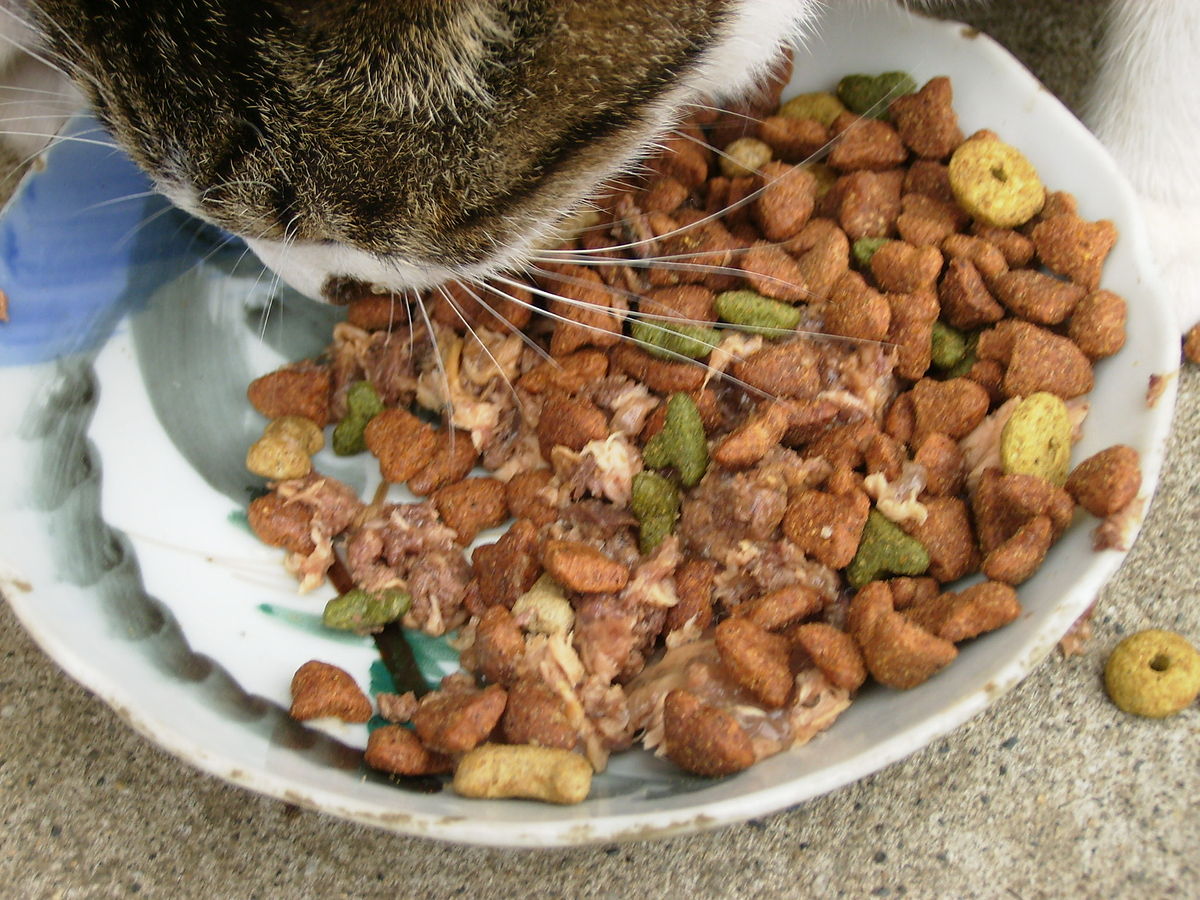Nutritious Cat Food – Best Options for Your Feline Friend
As a cat owner, it’s crucial to provide your furry friend with the best possible nutrition to keep them healthy and happy. With so many options available in the market, it can be overwhelming to decide which type of cat food to choose. In this article, we will discuss the best options for nutritious cat food that will meet your feline friend’s dietary requirements.
Introduction to Nutritious Cat Food
When it comes to cat food, it’s essential to keep in mind that cats are obligate carnivores. This means that they require a diet rich in animal-based proteins to thrive. Unlike dogs, cats cannot synthesize specific nutrients, including taurine, which is crucial for healthy vision, heart function, and overall well-being. Therefore, it’s necessary to ensure that their food contains all the necessary nutrients that they need.

Dry vs. Wet Cat Food
One of the most common dilemmas cat owners face is whether to feed their feline friend dry or wet food. Both have their advantages and disadvantages, and it depends on your cat’s preferences and dietary needs.
Dry Cat Food
Dry cat food, also known as kibble, is a popular option among cat owners because of its convenience and affordability. It’s easy to store and can be left out for extended periods without spoiling. Dry cat food also helps maintain dental health by reducing the buildup of plaque and tartar. However, some cats may not drink enough water, leading to dehydration, urinary tract problems, and other health issues.
Wet Cat Food
Wet cat food, also known as canned food, is a good option for cats who need more moisture in their diet. It’s also an excellent option for cats who have trouble chewing or have dental problems. Wet cat food typically contains higher levels of animal-based proteins and fewer carbohydrates than dry food. However, it’s more expensive and has a shorter shelf life.
Best Options for Nutritious Cat Food
Now that we have discussed the pros and cons of dry and wet cat food let’s dive into the best options for nutritious cat food.

High-Quality Protein
Cats need a diet rich in high-quality animal-based proteins to thrive. The protein source should be the first ingredient on the cat food label. Look for cat food that contains named meat sources such as chicken, turkey, beef, or fish. Avoid cat food that lists meat by-products or generic meat sources.
Limited Carbohydrates
Cats are obligate carnivores and do not require carbohydrates in their diet. However, some cat food brands use grains and fillers to reduce costs. Look for cat food that has limited carbohydrates and lists the protein source as the primary ingredient.
Essential Nutrients
Cats require specific nutrients in their diet to maintain optimal health, including taurine, vitamin A, and arachidonic acid. Make sure the cat food you choose contains all the essential nutrients your cat needs.
No Artificial Preservatives
Artificial preservatives, such as BHA, BHT, and ethoxyquin, are often used in cat food to extend its shelf life. However, these preservatives can be harmful to cats and have been linked to health problems such as cancer. Look for cat food that uses natural preservatives such as vitamin E and rosemary extract.
Grain-Free Cat Food
Grain-free cat food is an excellent option for cats who have grain sensitivities or allergies. However, not all grain-free cat food is created equal, and some may be high in carbohydrates or low in protein. Look for grain-free cat food that contains high-quality protein sources and no fillers.
Conclusion
Choosing the right cat food is essential for your feline friend’s overall health and well-being. When choosing cat food, it’s crucial to look for options that meet your cat’s specific dietary needs, such as high-quality protein, limited carbohydrates, essential nutrients, no artificial preservatives, and grain-free options. It’s also important to consider whether dry or wet cat food is best for your cat.
Ultimately, the best cat food for your furry friend depends on their individual needs and preferences. Consult with your veterinarian to determine the ideal diet for your cat based on their age, activity level, and any underlying health conditions. With the right nutrition, you can help your cat live a long and healthy life.
FAQs
- How much should I feed my cat? It depends on your cat’s age, weight, and activity level. Consult with your veterinarian to determine the appropriate portion size for your cat.
- Is it okay to feed my cat human food? While some human foods are safe for cats, it’s best to stick to a diet specifically formulated for felines. Consult with your veterinarian before feeding your cat any human food.
- Can I mix wet and dry cat food? Yes, you can mix wet and dry cat food. However, it’s essential to ensure that your cat is getting the appropriate balance of nutrients and calories.
- How often should I feed my cat? Most cats do well with two meals a day. However, consult with your veterinarian to determine the best feeding schedule for your cat.
- Can cats be vegetarians? No, cats are obligate carnivores and require a diet rich in animal-based proteins to thrive. Feeding a vegetarian diet to a cat can lead to health problems and nutrient deficiencies.




